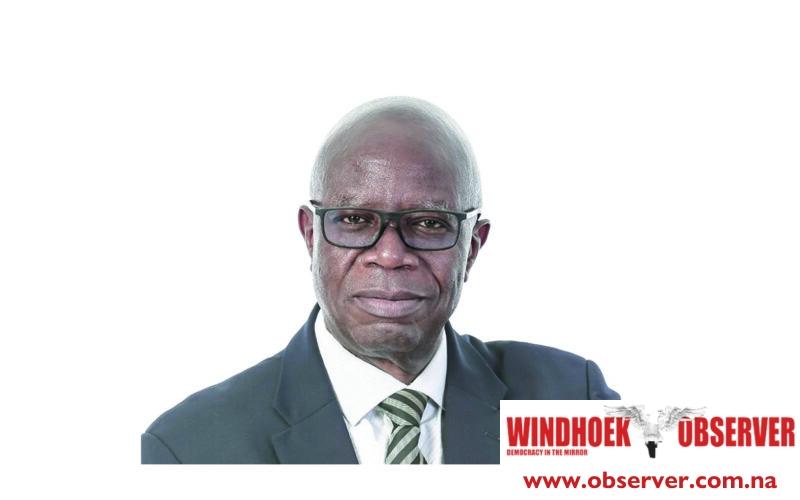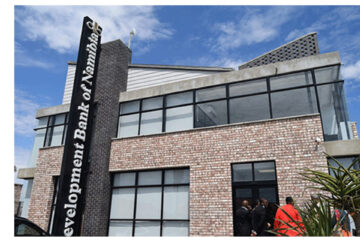Staff Writer
The Airlines Association of Southern Africa (AASA) has called for bold, collective action to transform Africa’s aviation industry.
The association says change requires harmonised regulations, open markets, better governance, financial discipline, and stronger aviation infrastructure and services.
Speaking at AASA’s 55th Annual General Assembly in Lusaka, Zambia, CEO Aaron Munetsi said all players, such as airlines, airports, regulators and suppliers, must work together to reshape Africa’s aviation story and prove that African carriers can compete globally.
“For too long, African aviation has been underestimated, especially by ourselves. Africa is home to 1.4 billion people, the world’s youngest population and a growing middle class, but with just 2.2% of global air transport market share, we are still idling on the runway,” Munetsi said.
He outlined AASA’s strategy to boost the sector, calling for coordinated oversight, mutual recognition of licensing and certification, and improved access to aircraft and parts. Munetsi said long delivery delays from manufacturers—sometimes up to six years—have forced airlines to keep older, less efficient aircraft in service. The result has added over US$220 million in supply chain costs for African carriers this year.
Munetsi said state-owned airlines should focus on accountability, cost control, innovation, and partnerships to improve financial performance. He added that although Africa contributes only 2% of global aviation emissions, governments must support local production of sustainable aviation fuel and improve infrastructure to reduce fuel use and emissions.
He also called for investment in Africa’s youth, women, and innovators through training, mentorship, and inclusion.
“Aviation is not a luxury; it is an economic lifeline,” Munetsi said.
“If governments genuinely want to democratise air transport, they should remove excessive statutory charges and taxes that have driven up costs, made ticket prices higher and pushed air transport beyond the reach of most Africans. Economically restricting access to air transport in this way undermines countries’ competitiveness.”
Munetsi raised concerns about inefficiencies and safety challenges in South Africa, noting that the suspension of more than 200 instrument flight procedures by Air Traffic and Navigation Services (ATNS) has disrupted airline operations.
He said this has cost airlines millions in extra fuel, maintenance, crew time, and customer compensation.
Caption
Aaron Munetsi
- Photo: Contributed




